Using Digital Media to Empower Youth was all about reflecting on media content and popular culture as it affects individuals and society. The young panelists are all contributing to media content and popular culture and using it to build careers.
On Saturday, April 16th a group of six dynamic young people met at the Cumberland Public Library to discuss how digital media has empowered them but what I also witnessed is how they have impacted digital media.
Each panelist was inspired by their own passion whether it was an opinion, an event in their life, or Harry Potter. Driven by a love of writing and a desire to be heard, each panelist began to contribute to social media at a very young age blogging, tweeting and using tumblr. Through their writing, each panelist was noticed by someone who offered them an opportunity to write professionally.
These panelists, although young in years (I don’t think anyone was over 22!) shared a lot of their experience and offered some great advice on using social media effectively:
-
Think before you post and consider the impact of what you are writing.
-
Advocate kindness and generosity.
-
The internet is real and whatever you do will have consequences.
-
Don’t be afraid to be openly enthusiastic about what you are passionate about.
-
Everything you are doing right now on the internet has value and can be of help to you in some way.
-
Social media gives you a voice and unlike previous generations, it is easy for young people (or anyone) to contact big corporations or be heard by magazine editors.
-
It’s not the members; it’s the community.
-
Go out and see what you like, get into it and place yourself in their world.
-
Follow other similar interest blogs, tweets, comments.
-
Follow and you will be followed.
-
Keep contributing.
This inspiring group is really harvesting all that is good about social media and I anticipate moving forward with them in mind as I collaborate with fellow teachers at my own high school.
Listening to these young achievers, I could not help but see how truly and quickly things are changing. We talk about the “new learners” and how we need to change the way we are teaching to meet and serve the needs of this up and coming generations of citizens, but this really brought home to me how change must happen immediately. Change in education is not keeping up with our changing times. School finances are one excuse we use to stagnate with limited technology and that excuse is accepted by many.
I do not remember hearing any one of the participants in the group say that it was their school that provided them with the opportunity to achieve what they had done. Everything they had harnessed was done on their own time outside of school, which begs the questions; how can we improve the way we are teaching learning to suit the demands of our students? How do we increase student engagement and provide opportunities for learning and research opportunities that will help ready young people for higher education and/or career opportunities in a rapidly changing environment technology environment?
Based on what I observed from this panel of young people, we should know that our students are capable of developing unique thoughts from gathering information and yet when it comes to work at school, they disengage. In addition, we need to change our focus in teaching from content to skills. It is essential for our students to be able to navigate the massive amounts of information readily available ie access, assessment, integration and synthesis. Furthermore, we also need to offer more opportunities for personal connections in learning within a school setting ie inquiry based research driven by student interest.
As a high school librarian, it is my job to take a leading role in implementing these changes and I feel as if I have been floundering that past few years, trying to re-establish my beliefs and my own professional direction (I have always believed that collaboration was essential but seemed to be doing even less of it), but being part of the Media Smart Libraries cohort has refocused my goals and my direction. Consequently, I am leading the way in developing a new approach to research at my school based on Inquiry Based Research which is generated by student interest.
Furthermore, I am working on a chart, with collaboration from each department at my school, on which research assignments are done with each grade in each subject so that I can determine which scaffolded information literacy skills can be taught in collaboration with the classroom teacher.
I even used the example of these young panelists as my example of how schools are letting our students down during a presentation with my Administrators and Department Heads. I pointed out that these students had accomplished what they had done independently and not with the help of their High Schools; the point was well taken.
